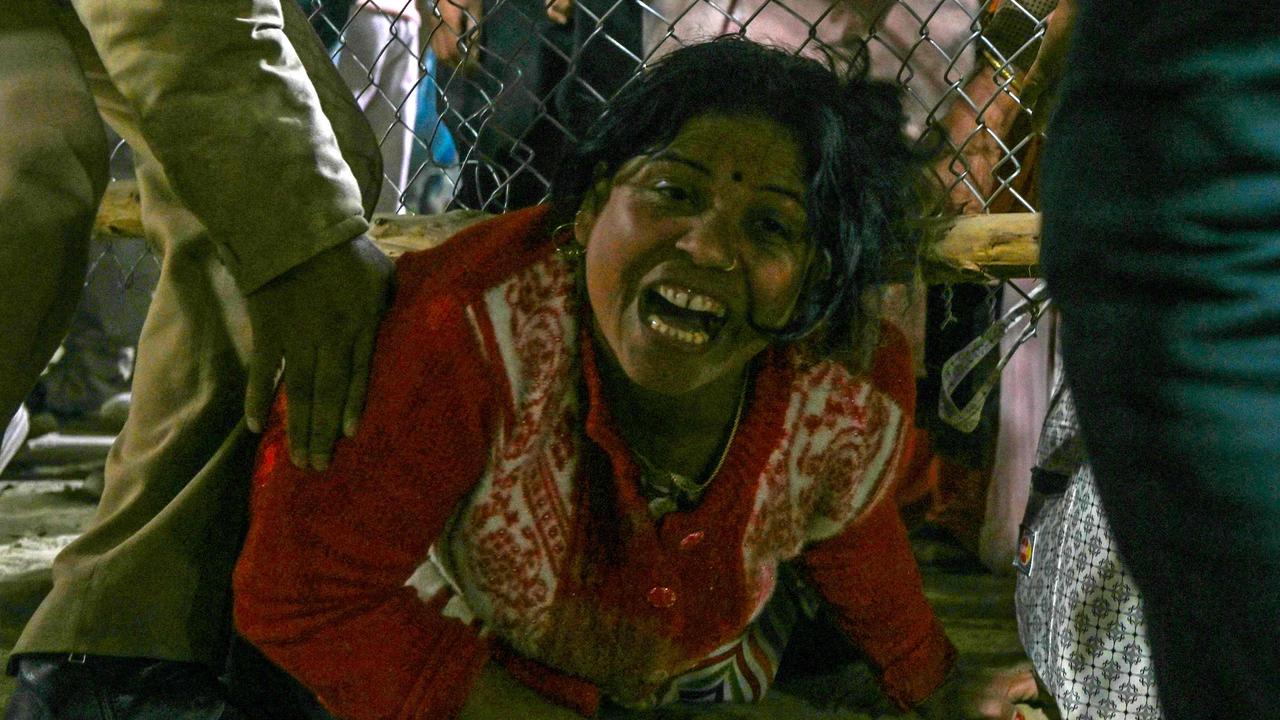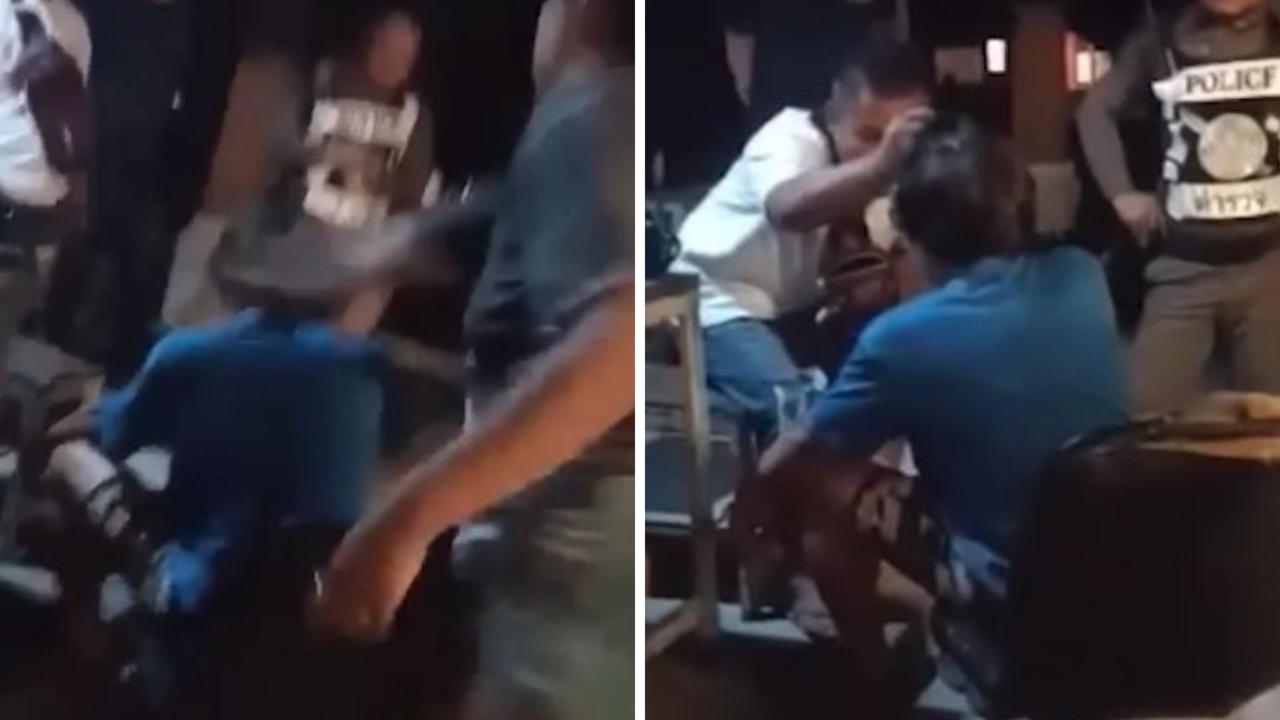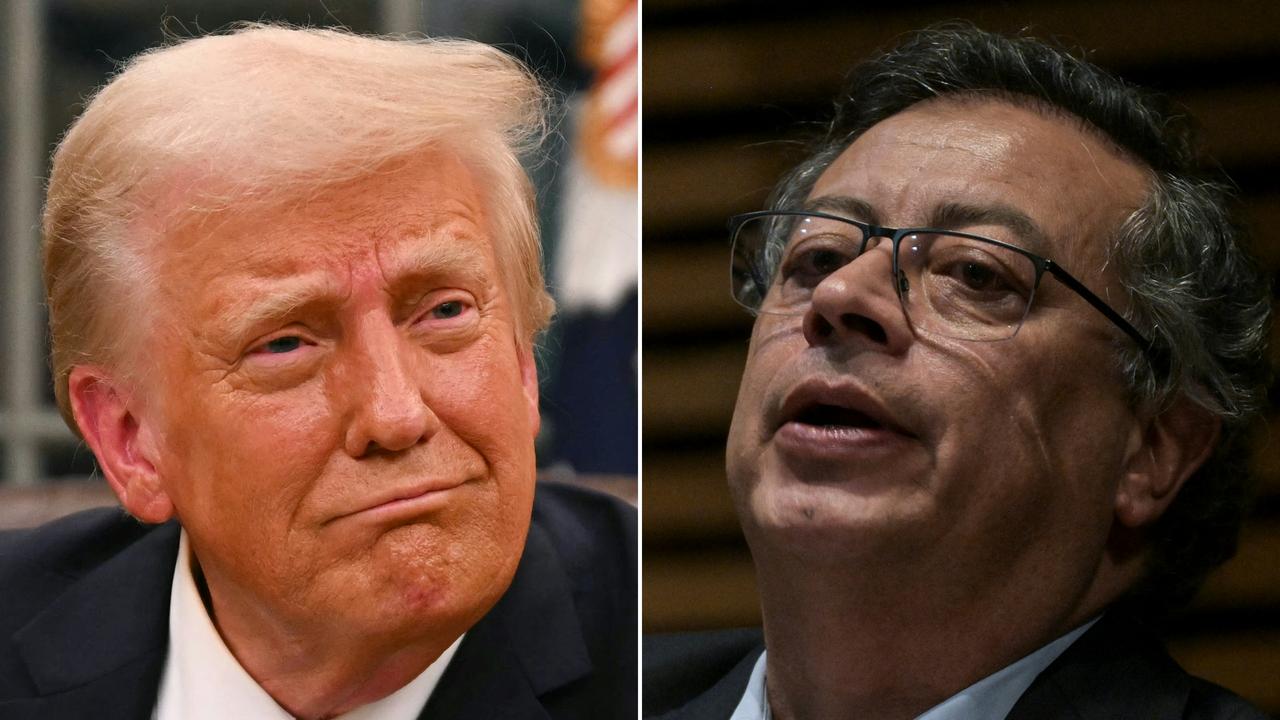North Korea: Executions increase as sanctions pressure military
AS PRESSURE of tough sanctions mounts, the secretive state is reportedly increasing executions among military circles in a bid to keep things from “deteriorating quickly”.
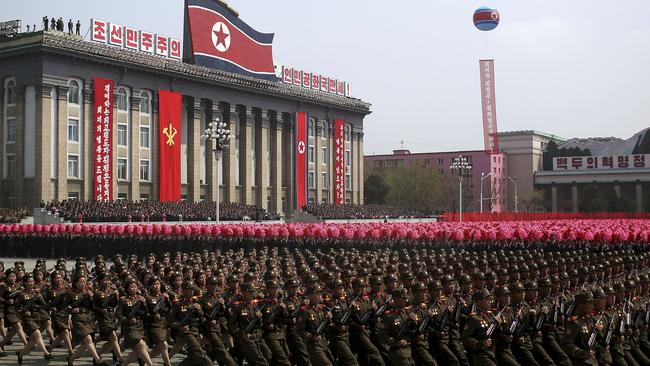
NORTH Korea is reportedly purging corrupt military officials and cutting back on training exercises as crippling sanctions take hold, a top United States commander claims.
The secretive state is increasing executions against political officers in military units in a desperate bid to stop things deteriorating quickly.
General Vincent K Brooks, commander of US Forces in Korea, told The Wall Street Journaldefections had also been occurring “in areas where we don’t generally see them”, including through the heavily guarded Demilitarised Zone (DMZ) which separates the two Koreas.
“We’re seeing some increase in executions, mostly against political officers who are in military units, for corruption,” he said.
The general said this was about “trying to clamp down as much as possible on something that might be deteriorating and keeping it from deteriorating too quickly”.
Last November a North Korean soldier defected across the heavily militarised border before being shot five times and making it to safety.
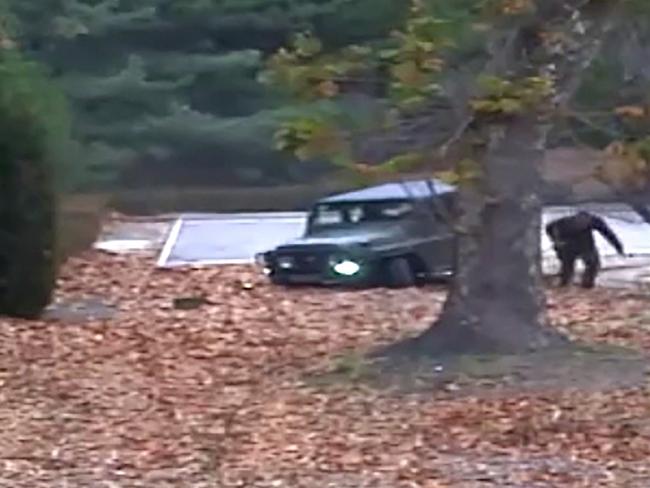
Then in December a second soldier defected, followed by two others.
American officials told the WSJ the North Korean military appears under strain with winter exercises scaled back, something they attribute to growing pressure on the isolated nation’s economy.
Officials also said the exercises, which typically run from December to March, were “slow in getting started and are less extensive than usual” with fuel being conserved.
Pyongyang is subject to a wide range of sanctions over its missile and nuclear programs.
The UN Security Council banned North Korean coal exports last August as part of attempts to dry up sources of hard currency which could fund its weapons programs.
This month, the US slapped new sanctions on North Korean and Chinese firms and individuals who it said supported the Pyongyang regime, seeking to cut off goods and materials crucial to the North Korean economy.
Citing reports last week from Tokyo of scores of North Korean fishing boats, with dead crews, drifting into Japanese waters, US Secretary of State Rex Tillerson said the sanctions are “really starting to hurt”.
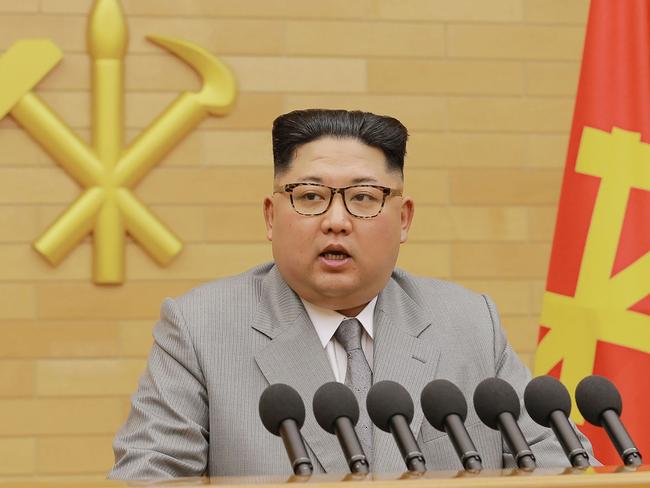
He said the human suffering was North Korea’s responsibility and an “unavoidable outcome” of its failure to help its own people.
Recent visitors to North Korea say fuel prices have risen, but food supplies don’t seem any scarcer however conditions are expected to worsen in the coming months.
The UN Security Council tightened economic restrictions on North Korea three times last year, cutting fuel supplies and banning trade in the goods that make up 90 per cent of the North’s export revenue.
The latest round, designed to punish a North Korean long-range missile test, prohibit selling the rogue regime any iron, steel and other metals which covers nearly 150 different categories of products, including spoons and paperclips.
MILITARY EVENT ‘PLANNED’
Meanwhile and despite sanctions biting, Pyongyang is preparing to stage a major event to mark the 70th anniversary of the founding of its military on February 8.
The event is expected to be held just one day before the opening ceremony of the Pyeongchang Winter Olympics in South Korea.
Officials refuse to confirm what exactly is planned for the event, however a major show of military power could create anger in South Korea, which is hoping the Olympic Games will be a symbol of peace and stability.
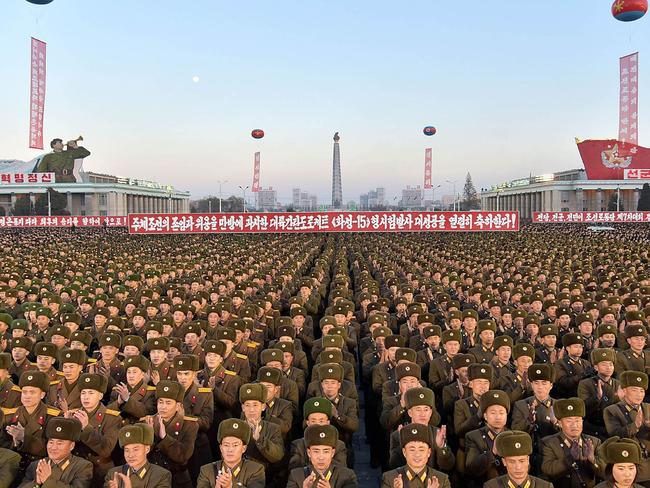
Pyongyang residents have been assembling every day in temperatures hovering around -15C to practice for what is expected to be a mass rally in Kim Il-sung Square.
Open-source satellite imagery obtained by outside analysts also suggests military units are training at an airfield on the outskirts of the city for a possible military parade.
The activity in Pyongyang is common before major parades or rallies, which take months to organise and can involve thousands of troops and tens of thousands of civilians assembled in the square.
North Korea’s state-run media hinted earlier this week that an event was in the works, saying the February anniversary, which had for decades been overshadowed by another military anniversary observed on April 25, would be marked with more significance and pomp this year.
TOP BRASS ‘PUNISHED’
If General Brooks’ comments surrounding military members being punished are confirmed, it wouldn’t be the first time Kim has taken a tough approach.
Last November Kim reportedly moved to consolidate his hold on power after punishing two of his top military officials.
According to South Korea’s spy agency, the country’s second-most powerful military officer, Vice Marshal Hwang Pyong-so, was among those who attracted Kim’s fury.
The National Intelligence Service told politicians in Seoul that Kim punished the officials during a highly unusual inspection of the military’s powerful political bureau.
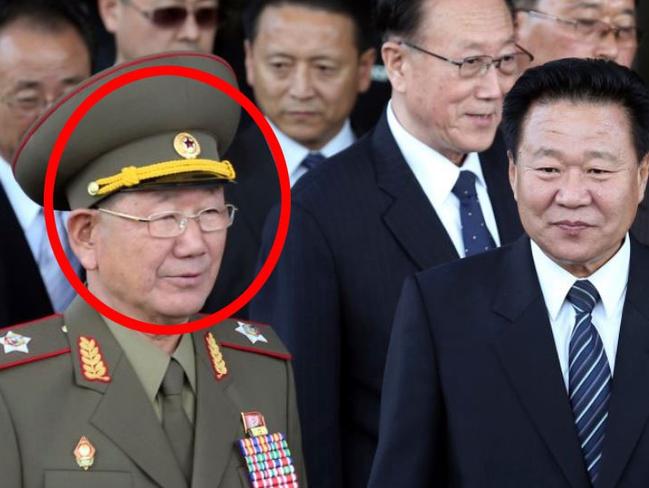
Kim Byung-kee said Hwang, his top deputy Kim Wong-hong, and other officers were all punished after an inspection of North Korean military’s General Political Bureau — the first of its kind in 20 years.
However it remained unclear whether the two officials were verbally reprimanded, dismissed or banished to a rural area.

